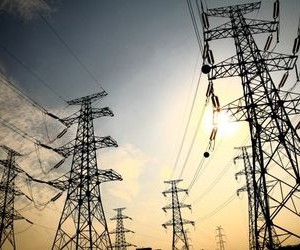"We are afraid there is no escape from the consequences of the quadrupling in the cost of the Ingula pump storage scheme and the doubling of the costs of the two coal-fired power stations, Medupi and Kusile," said Ms Janine Myburgh, President of the Chamber.
"To make matters even worse, the cost estimates do not take into account the huge amounts of interest which Eskom has to pay on loans during the construction period. This includes dollar loans which have to be repaid with weakening rands."
The original cost estimate for Ingula was R8.9 billion but this has now ballooned to R36 billion. In April 2007 the cost of Medupi was estimated at R69.1 billion but in July this year costs were, according to Eskom, R135 billion while the cost of Kusile has increased from R80.6 billion to R135 billion.
"We learn two things from these figures," Ms Myburgh said. "One is that electricity from the Medupi and Kusile will cost well over R1 a unit and that costs will continue to rise each year along with the costs of coal, transport and wages.
"The second thing we learn is that massive cost overruns are normal for big projects and this will also apply to any nuclear build programme. There are many examples from around the world which confirm this."
Ms Myburgh said the recent study by the CSIR found that the cheapest "new build" option for additional electricity was a combination of wind, PV solar and gas.
"These three technologies are all 'quick builds' and their recent history shows projects are completed on time and on budget and they are not subject to the annual costs increases we see in coal-fired power stations," Ms Myburgh said.
Eskom had now decided that it did not want to buy any more electricity from independent power producers. "What this means is that the private sector will increasingly turn to roof-top solar which can already compete with the retail price of electricity. Eskom will lose more customers and as the demand for grid electricity declines the case for nuclear power will fall apart."










